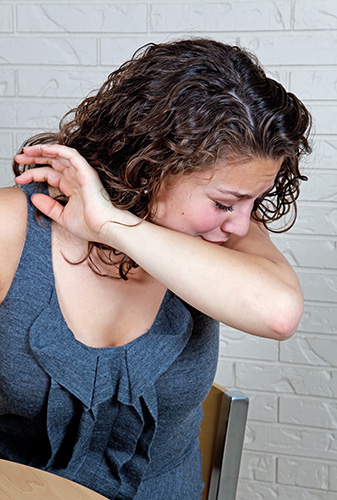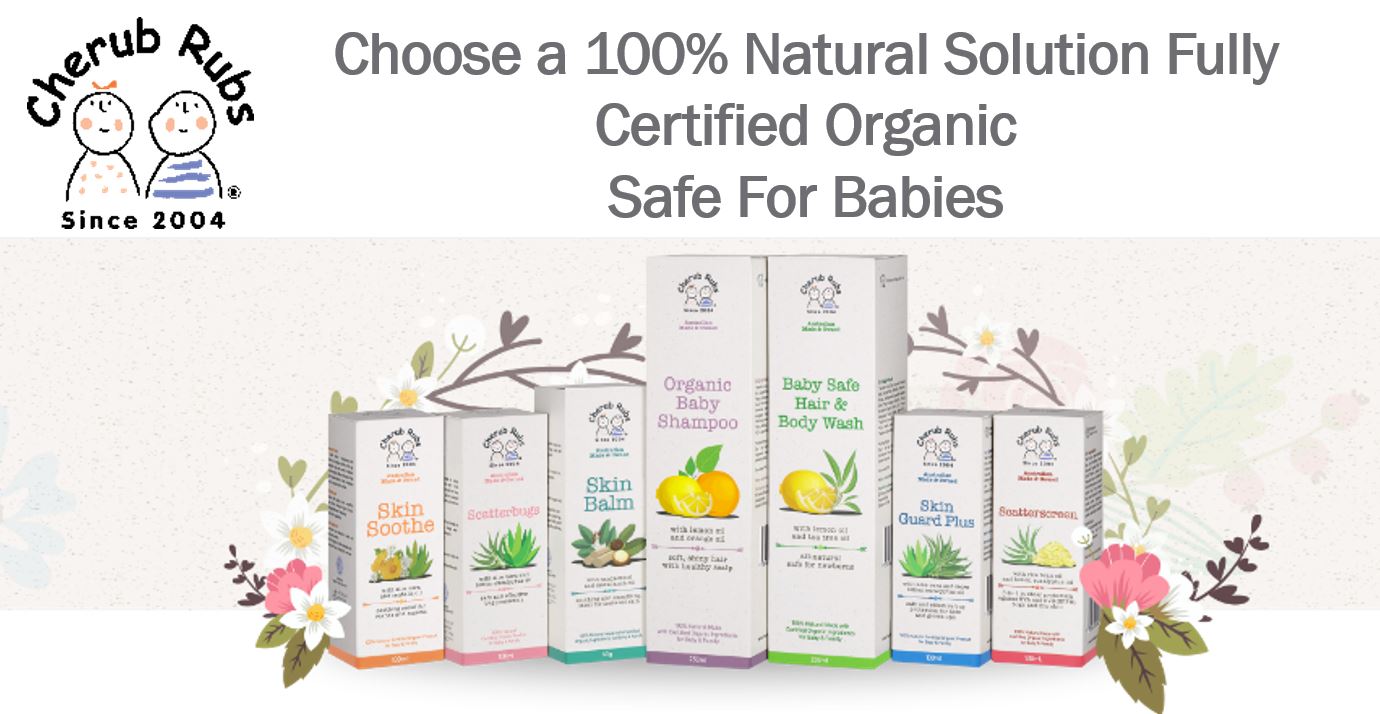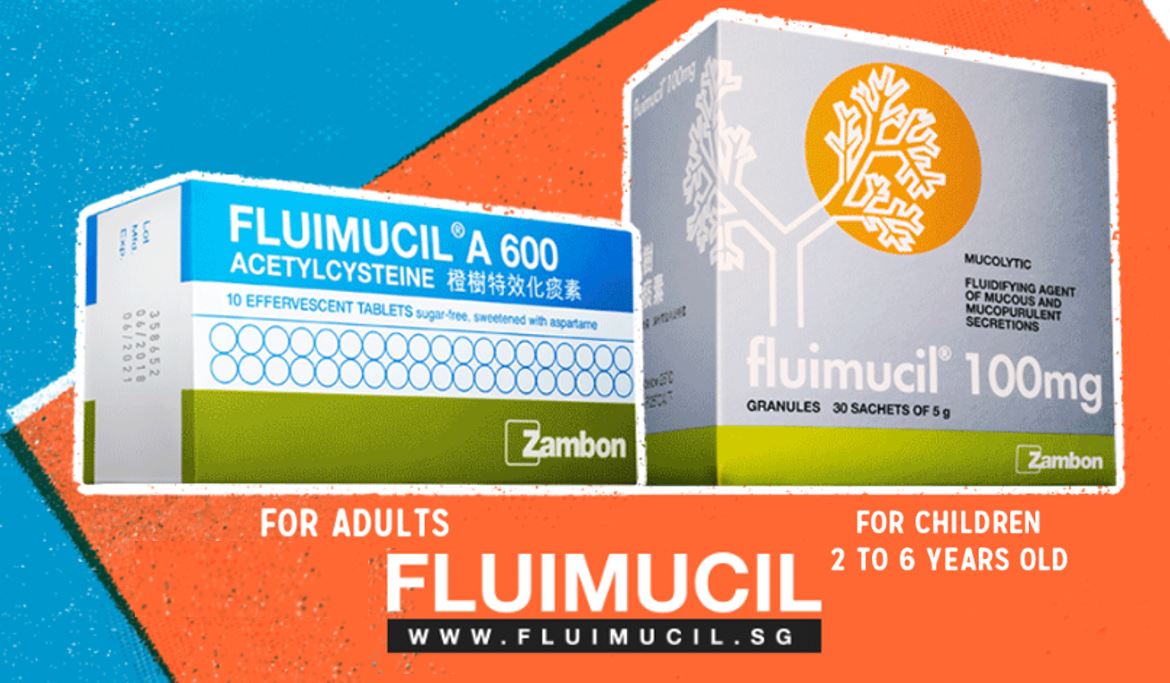
These 7 Personal Hygiene Mistakes Are Making Us Sick
July 20, 2017
When it comes to personal hygiene, it’s easy to get complacent. While we are aware of the obvious no-nos that may spread germs, we may overlook more common practices that are unhygienic too.
Especially with the rise in contagious illnesses especially prevalent among the young, such as Hand Foot Mouth Disease (HFMD), mycoplasma and strep throat, it’s more important than ever to keep our loved ones healthy and safe.
So stop yourself from committing these 7 personal hygiene mistakes:
-
Coughing or sneezing into your palm

It may be instinctive to cover your mouth and nose when you cough or sneeze, but more can be done. Our hands are often used in interactions with others, and come into contact with commonly used items such as MRT poles. So parents should make it a habit to carry a packet of tissues when out with their children. Be sure to sneeze or cough into tissues if you or your child feels it coming. But if it comes without warning, catch it with the crook of your elbow instead.
-
Using hand sanitiser indiscriminately

Travel-sized hand sanitisers are increasingly common, but it’s important to use the right hand sanitiser at the right time. According to the Centers for Disease Control and Prevention, sanitisers with an alcohol concentration of between 60 to 95 percent are more effective at killing germs. On the other hand, non-alcohol-based sanitisers may only reduce germ growth, causing germs to develop resistance to the sanitiser. These can even irritate the skin.
If you or your child is guilty of using hand sanitiser as a replacement for washing your hands, start the habit of washing your hands with soap and water instead. It is best to do so after using the toilet, and activities such as playing sports or handling food. Also, be sure to use hand sanitisers only when hands are not visibly soiled.
-
Sharing food with others
Although almost everyone is aware of the dangers of sharing food, we still do it in social situations. We even invent ways to share food without catching illnesses. For instance, sharing a drink by having our friend or child drink from the lip of the cup while we sip from the straw. Instead, the foolproof method is to ask for another cup and split the beverage before anyone drinks up.
-
Using makeup past its sell-by date
 Many women use makeup past its expiration date for several reasons, including to save on the cost of the makeup or to finish using the remaining product to prevent wastage. But expired makeup products are a breeding ground for germs. In particular, expired mascara can cause ophthalmic infections. To help you remember when your makeup expires, set a calendar alert three months from the date of purchase. Better yet, buy travel-sized makeup products that you can finish easily, so you don’t feel pressured to use the product even after its sell-by date.
Many women use makeup past its expiration date for several reasons, including to save on the cost of the makeup or to finish using the remaining product to prevent wastage. But expired makeup products are a breeding ground for germs. In particular, expired mascara can cause ophthalmic infections. To help you remember when your makeup expires, set a calendar alert three months from the date of purchase. Better yet, buy travel-sized makeup products that you can finish easily, so you don’t feel pressured to use the product even after its sell-by date.
-
Sharing towels
Sharing towels or bed linen, even among family members, is never a good idea. Together with handling dirty laundry, and washing heavily soiled clothes with other items, these practices spread germs easily. While bacteria found on our bodies are usually not detrimental to our health, it may result in infections for those with wounds or skin problems. Heavily soiled items, such as sports outfits worn in high contact sports, shared towels, or cloths used during food preparation, should be washed separately. And wash your hands after touching unwashed garments.
-
Not cleaning common household items
We keep a look out for dusty corners and dirty tables when cleaning our homes, and mistakenly assume that a tidy house is a clean one. In fact, we often neglect the items we use daily, such as our television remote control, laptop keyboard, and even door knobs and light switches. These common household items are often overlooked, especially by children, as breeding grounds for bacteria. Give the items a routine polish to protect your children from unwittingly catching germs.
-
Not flossing after brushing teeth
 We’ve been taught from young about the importance of brushing our teeth. But how many actually remember the even greater importance of flossing after that? It may seem a hassle, but flossing removes bacteria that causes plaque. If left to fester, they turn into tartar that can’t be removed by regular brushing or flossing. Parents should also impart the habit of independent flossing to children around the age of 10, although flossing can be carried out by parents from the age of 2½.
We’ve been taught from young about the importance of brushing our teeth. But how many actually remember the even greater importance of flossing after that? It may seem a hassle, but flossing removes bacteria that causes plaque. If left to fester, they turn into tartar that can’t be removed by regular brushing or flossing. Parents should also impart the habit of independent flossing to children around the age of 10, although flossing can be carried out by parents from the age of 2½.
Where health is concerned, doing something wrongly may be more detrimental than not doing it at all. Yet, the latter is not an option. The best way we can safeguard against falling ill is to correct our mistakes, no matter how insignificant they seem. After all, the aphorism is true: better safe than sorry.



 Australia
Australia  Brunei
Brunei  Cambodia
Cambodia  Hong Kong
Hong Kong  Indonesia
Indonesia  Laos
Laos  Macau
Macau  Malaysia
Malaysia  New Zealand
New Zealand  Philippines
Philippines  Singapore
Singapore  Thailand
Thailand  Vietnam
Vietnam  Worldwide
Worldwide 
